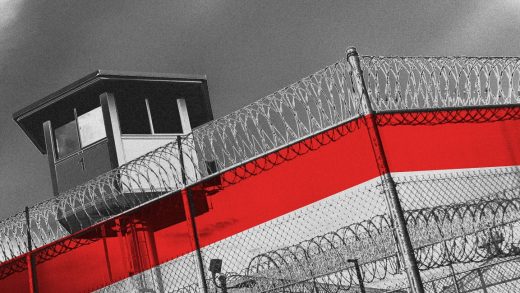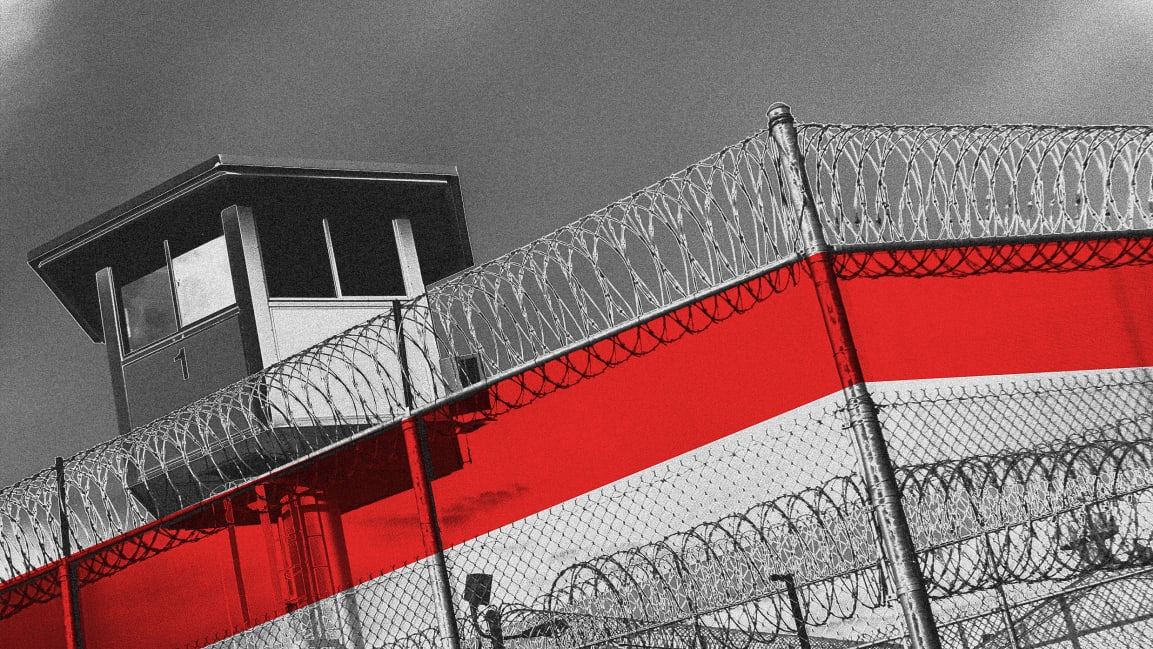The insidious ways building private prisons creates more prisons
Private prisons—prisons run by companies that are paid by the state to house convicted criminals—have been criticized for the way they cut costs to protect their profits, which leads to higher employee turnover, reduced security, and inadequate healthcare. They’re also often linked to the issue of mass incarceration. Though only a small portion of incarcerated people in America are held in private prisons, new research shows that the facilities are a deeper part of the problem: More private prison beds in a state are not only connected to an increased number of inmates, they may also lead to longer sentences.
To tease out if there was any connection, the researchers at Washington State University looked at data from the Bureau of Justice Statistics, Human Rights Defense Center, United States Sentencing Commission’s Monitoring of Federal Criminal, and other sources, spanning from 1989 to 2009. They then built a model to estimate how private prisons affected new incarceration and sentencing lengths, holding constant other variables such as state demographics and political characteristics, and even broke down that data by crime type. They controlled for the fact that there could just be more crime occurring, and found that private prisons still seem to increase the number of new prisoners and the sentence length for some crimes.
Overall, the researchers found that increasing private prison beds by 61 per million population in a state led to an additional 6 to 37 new prisoners per million each year. That’s on top of the trend of 178 new prisoners per million per year, which they say occurs on average, without an increase in private prison beds. (The private prison population rate has skyrocketed in recent years—seeing 47% growth between 2000 and 2016, compared to a 9% increase for the total prison population over the same time period.)
While private prisons don’t affect incarceration rates for violent crimes—possibly because sentencing guidelines for such crimes don’t leave room for the possibility of probation—they do have an effect on incarceration rates for property, fraud, drug, and weapons crimes. This same effect was seen on sentencing length and is usually significant, co-author Gregmar Galinato, a professor in WSU’s School of Economic Sciences, says over email, for types of crimes “where there is more leeway in sentencing.”
The researchers lay out two possible reasons why: the ability of private prisons to lobby, directly contribute to, or bribe politicians for policies that could increase incarceration rates, and the fact that private prisons increase capacity, lessening the potential for overcrowding. The most prominent example of the former is the “Kids for Cash” scandal in Pennsylvania, in which two judges were bribed by a private prison company to give harsher sentences to juvenile offenders, rather than probation. The latter is important because when prisons are overcrowded, a judge may be less likely to send someone to that facility. But the introduction of private prisons leads to more beds, and a so-called “solution” to that overcrowding that increases incarceration rates, rather than addressing the root causes of incarceration.
“So, if mass incarceration is an important issue, we found one contributor: private prisons,” Galinato says. The researchers weren’t able to quantify how big of a contributor private prisons are compared to others, like the three-strikes policy or police bias, but other research backs up the role of private prisons on incarceration rates. According to the ACLU, leading private prison companies “essentially admit that their business model depends on high rates of incarceration,” and the Justice Policy Institute released a report back in 2011 that found private prison companies helped fuel increased incarceration rates by using their influence on legislators to enact harsher criminal justice policies. Galinato hopes his latest research influences how lawmakers weigh the costs, and benefits, of adding new private prisons to their state.
(20)



